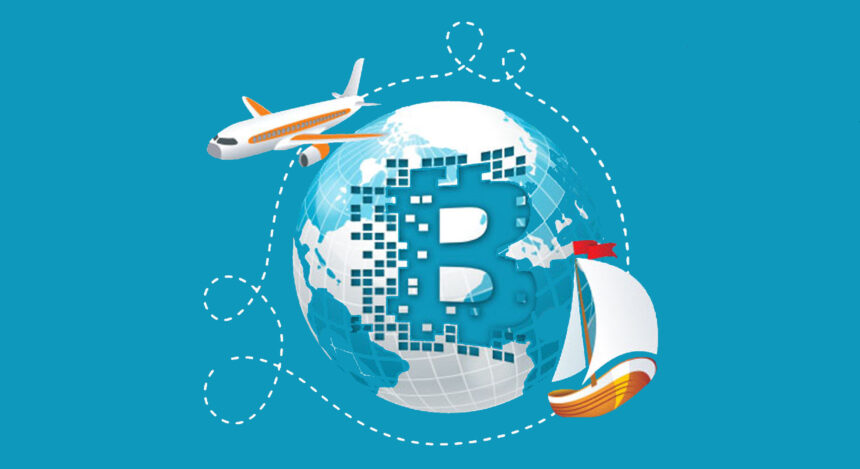Blockchain technology, best known for its role in cryptocurrencies like Bitcoin, has been making waves across various industries. In the realm of travel, blockchain is proving to be a transformative force, offering benefits beyond just financial transactions.
Secure and Transparent Transactions
Blockchain’s decentralized and immutable ledger system provides a secure platform for financial transactions in the travel industry. Smart contracts, self-executing contracts with the terms of the agreement directly written into code, facilitate secure and transparent transactions between parties. This can streamline payment processes, reduce fraud, and eliminate the need for intermediaries, making transactions more efficient for travelers, travel agencies, and service provider.
Identity Verification and Biometrics
Blockchain can revolutionize the way travelers undergo identity verification. By storing encrypted biometric data on a blockchain, individuals can have more control over their personal information. This not only enhances security but also expedites processes such as check-ins, security screenings, and immigration procedures. Travelers can move seamlessly through various touchpoints without repeatedly presenting identification documents.
Supply Chain Management
The travel industry involves complex supply chains with multiple stakeholders, including airlines, hotels, and transportation services. Blockchain’s transparent and traceable nature can optimize supply chain management by recording and verifying every step in the process. This can lead to more efficient inventory management, reduced fraud, and improved overall coordination among different service providers.
Loyalty Programs and Rewards
Blockchain technology can revolutionize loyalty programs in the travel sector. By utilizing blockchain, loyalty points and rewards can be securely stored and easily transferrable between different travel partners. This can enhance the value of loyalty programs for travelers, offering a more seamless and flexible experience when redeeming rewards across various services such as flights, accommodations, and activities.
Decentralized Travel Marketplaces
Blockchain enables the creation of decentralized travel marketplaces, where service providers and consumers can connect directly without the need for intermediaries. This peer-to-peer model can reduce costs for both travelers and service providers, eliminate unnecessary fees, and foster a more competitive and open market. Smart contracts can ensure that agreements between parties are automatically executed, enhancing trust in decentralized transactions.
Data Security and Privacy
Traditional data storage systems are vulnerable to breaches, putting sensitive traveler information at risk. Blockchain’s decentralized architecture enhances data security by distributing information across a network of nodes. This reduces the likelihood of a single point of failure and unauthorized access. Travelers can have greater confidence that their personal data is secure, fostering trust between them and service providers.
Blockchain technology is proving to be more than just the foundation for cryptocurrencies like Bitcoin. In the travel industry, its applications extend to secure transactions, streamlined identity verification, efficient supply chain management, enhanced loyalty programs, decentralized marketplaces, and improved data security and privacy. As the travel sector continues to embrace digital transformation, the integration of blockchain technology holds the promise of creating a more secure, transparent, and efficient travel experience for all stakeholders involved.









